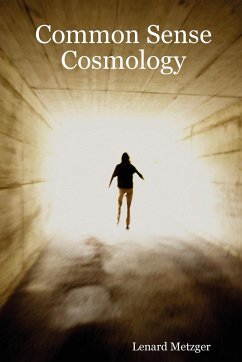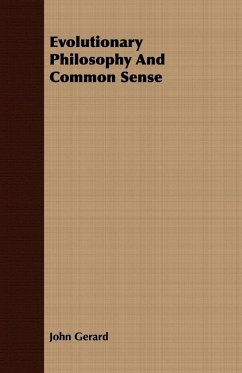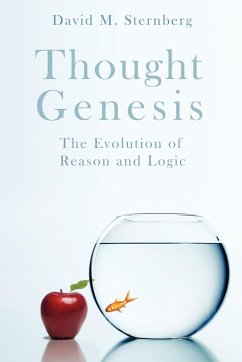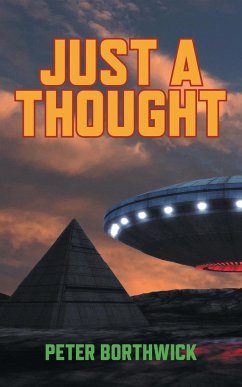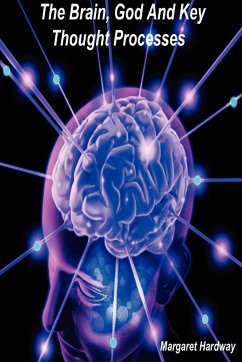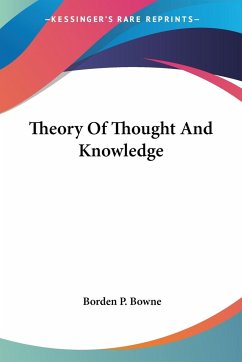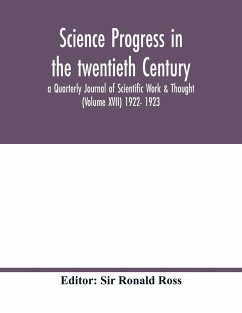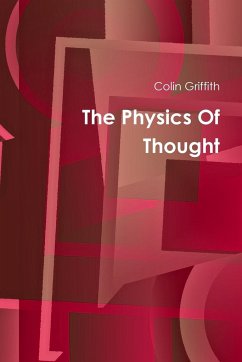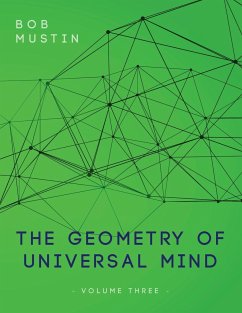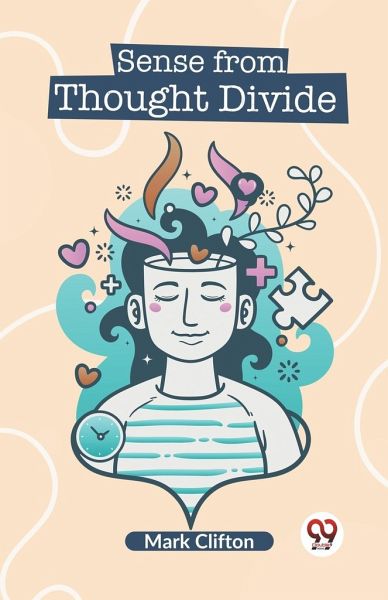
Sense From Thought Divide
Versandkostenfrei!
Versandfertig in 1-2 Wochen
11,99 €
inkl. MwSt.

PAYBACK Punkte
6 °P sammeln!
The plot of this tale explores the far-reaching implications of a society in which technology can access and alter human thoughts and emotions. The plot revolves around Mr. Sheed, who lives in a future when a computer called as the "Brain Analyzer" allows individuals to access and influence each other's thoughts. Sheed has an inexplicable the capacity to tap into the thoughts of other individuals without using the Brain Analyzer. Although this skill allows him to comprehend people's actual feelings, it additionally renders him highly susceptible to manipulation by people who seek to control hi...
The plot of this tale explores the far-reaching implications of a society in which technology can access and alter human thoughts and emotions. The plot revolves around Mr. Sheed, who lives in a future when a computer called as the "Brain Analyzer" allows individuals to access and influence each other's thoughts. Sheed has an inexplicable the capacity to tap into the thoughts of other individuals without using the Brain Analyzer. Although this skill allows him to comprehend people's actual feelings, it additionally renders him highly susceptible to manipulation by people who seek to control him. The narrative delves into the ethical quandaries presented by Sheed's newfound ability, in addition to the societal implications of invasive technology. It emphasizes concerns about the limits of privacy, the potential of abuse, and the complicated structure of relationships between individuals in a world where concepts are no longer private. The examination of the nexus of technology, ethics, and human nature in Mark Clifton's narrative captivates readers. "The Sense from Thought Divide" is a cautionary tale about the power and responsibility that come with having access to the innermost thoughts of people, leaving readers to question the moral complexity of such a world.



